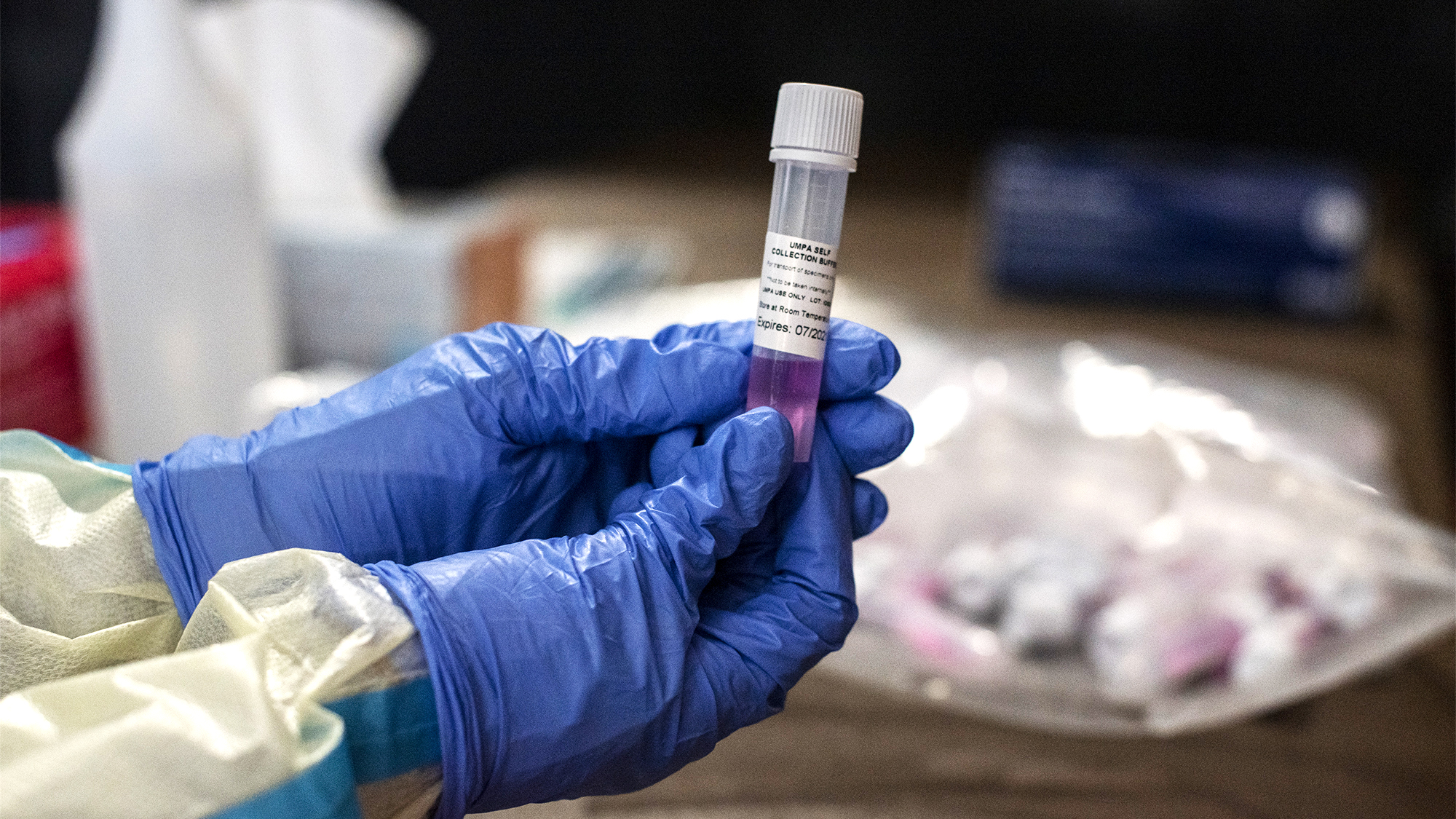Views expressed in opinion columns are the author’s own.
The COVID-19 vaccine has given many people hope that a return to normalcy could be possible this year. But widespread vaccinations are key, especially on college campuses populated by the people most resistant to the virus and least adherent to necessary safety measures.
Although the University of Maryland has not yet received vaccine doses for distribution, it has committed to providing and distributing the vaccine to the community. But one question still remains: Will the university require students, staff and faculty to receive the vaccine to come to the campus?
In order to protect the campus community and stop the spread of COVID-19, this university must mandate that students, staff and faculty receive the vaccine before coming to the campus. The pandemic has created many difficult decisions for this university’s administrators, and this is no different. The good that comes from this decision will outweigh any of the harms.
This university already requires immunizations for students, including the measles, mumps and rubella vaccine and the meningitis vaccine. The fundamental differences between these vaccines and the COVID-19 vaccine are the public’s unfamiliarity with the latter and the speed at which it was developed.
These factors, among other concerns, may make some individuals reluctant to get the vaccine.
Though some people have expressed concern about the long-term impacts, side effects and safety of the coronavirus vaccine, the scientific community is adamant about its harmlessness.
While the COVID vaccines were developed faster than is typical, this wasn’t due to any unethical or unsafe factors; it went quickly because of their reliance on a type of vaccine already in development and the substantial funding thrown into them by national governments.
The vaccines have been proven to be safe and are clearly beneficial — so the University of Maryland should not be reluctant to require their use.
Students, staff and faculty abide by a social contract when they attend the University of Maryland; they give up some of their individual freedoms in order to be protected by their administration. The university needs to prioritize the common good of all over the individual freedoms of some — especially when dealing with a deadly virus. This university administration’s No. 1 priority should be to keep the campus safe, and mandating the vaccine is the only way to make that happen.
Some people in historically exploited groups have been understandably skeptical about receiving the vaccine, due to experiences with previous vaccines, medications and treatments. These fears are valid, and this university should prioritize an extensive education and information campaign about the vaccine in order to help assuage these concerns. These resources must go beyond simple infographics and written expert testimony; this university should have discussions targeted at marginalized students and staff, giving them a platform to discuss their concerns and ensuring they are truly heard.
Additionally, because its priority needs to be keeping this university safe, the university should provide the vaccine for free to students and staff in order to eliminate financial concerns of a potential mandate. Students come from different economic backgrounds, and their ability to pay for health care shouldn’t dictate their level of protection from the virus.
If the university takes all of these steps, they will have effectively set up a vaccination plan that keeps the campus community safe. Ultimately, some students, staff and faculty will choose not to get vaccinated for a variety of reasons, despite the mandate. These students should have to take their courses virtually. This way, they can still receive their education and stay connected to the campus without jeopardizing the health and safety of those on the campus. The university needs to make it clear: If you don’t follow the guidelines needed to keep everyone safe, you can’t spend time on the university’s campus.
Courtney Cohn is a sophomore journalism and government and politics double major. She can be reached at cncohn1@gmail.com.



